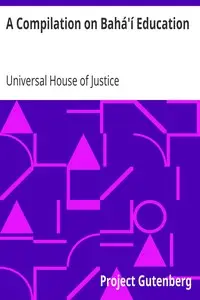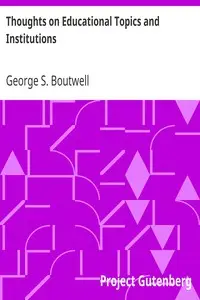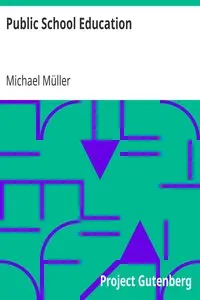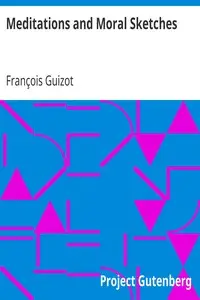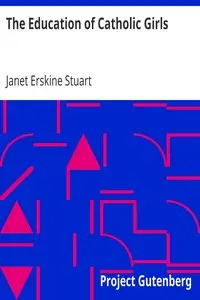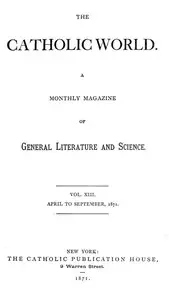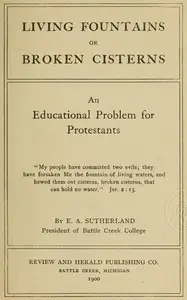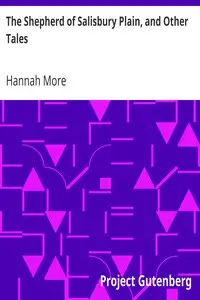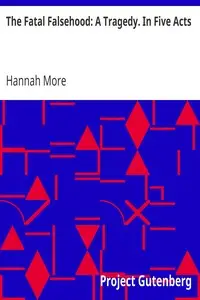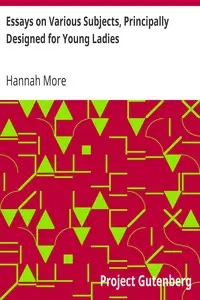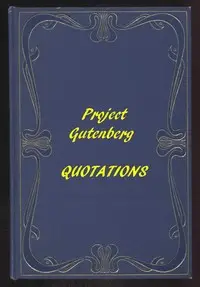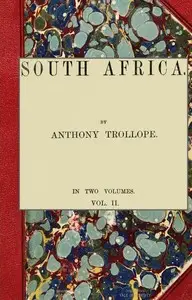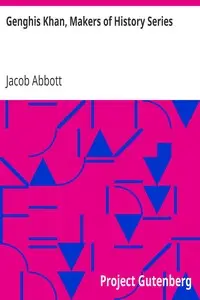"Considerations on Religion and Public Education" by Hannah More is a thought-provoking book from the late 1700s that looks closely at religion's role in education, especially during the French Revolution's changes. The book talks about how new ideas that weren't religious were affecting faith and how society was set up, and More seemed worried about where moral education was headed with more people not believing in God. She writes in response to a speech given by M. Dupont, who wanted schools to be secular without religious teachings. More stresses how important Christianity is for giving us morals and keeping society in order and worries about the bad things that could happen if education isn't based on faith. She questions the enlightenment ideas that ignore religion as well as cautions about the perils of a lack of faith, pointing to the French Revolution's turmoil as proof and also encourages women to step up and champion good morals and charitable deeds as society changes quickly.
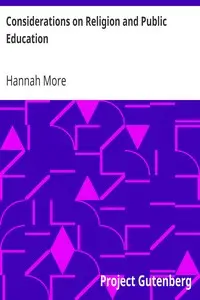
Considerations on Religion and Public Education With remarks on the speech of M. Dupont delivered in the National Convention of France, together with an address to the ladies, &c. of Great Britain and Ireland
By Hannah More
In a world shaken by revolution, a call to preserve faith in education echoes, warning of the chaos that awaits if morality is untethered from religion.
Summary
About the AuthorHannah More was an English religious writer, philanthropist, poet, and playwright in the circle of Johnson, Reynolds and Garrick, who wrote on moral and religious subjects. Born in Bristol, she taught at a school her father founded there and began writing plays. She became involved in the London literary elite and a leading Bluestocking member. Her later plays and poetry became more evangelical. She joined a group opposing the slave trade. In the 1790s she wrote Cheap Repository Tracts on moral, religious and political topics, to distribute to the literate poor. Meanwhile, she broadened her links with schools she and her sister Martha had founded in rural Somerset. These curbed their teaching of the poor, allowing limited reading but no writing. More was noted for her political conservatism, being described as an anti-feminist, a "counter-revolutionary", or a conservative feminist.
Hannah More was an English religious writer, philanthropist, poet, and playwright in the circle of Johnson, Reynolds and Garrick, who wrote on moral and religious subjects. Born in Bristol, she taught at a school her father founded there and began writing plays. She became involved in the London literary elite and a leading Bluestocking member. Her later plays and poetry became more evangelical. She joined a group opposing the slave trade. In the 1790s she wrote Cheap Repository Tracts on moral, religious and political topics, to distribute to the literate poor. Meanwhile, she broadened her links with schools she and her sister Martha had founded in rural Somerset. These curbed their teaching of the poor, allowing limited reading but no writing. More was noted for her political conservatism, being described as an anti-feminist, a "counter-revolutionary", or a conservative feminist.

